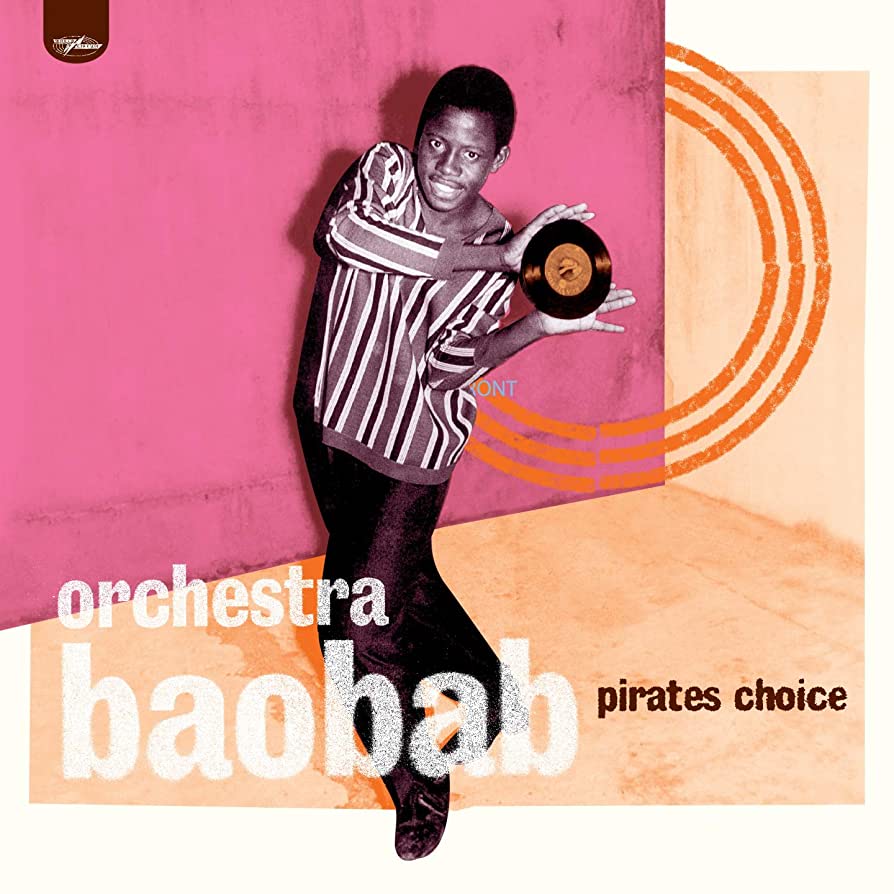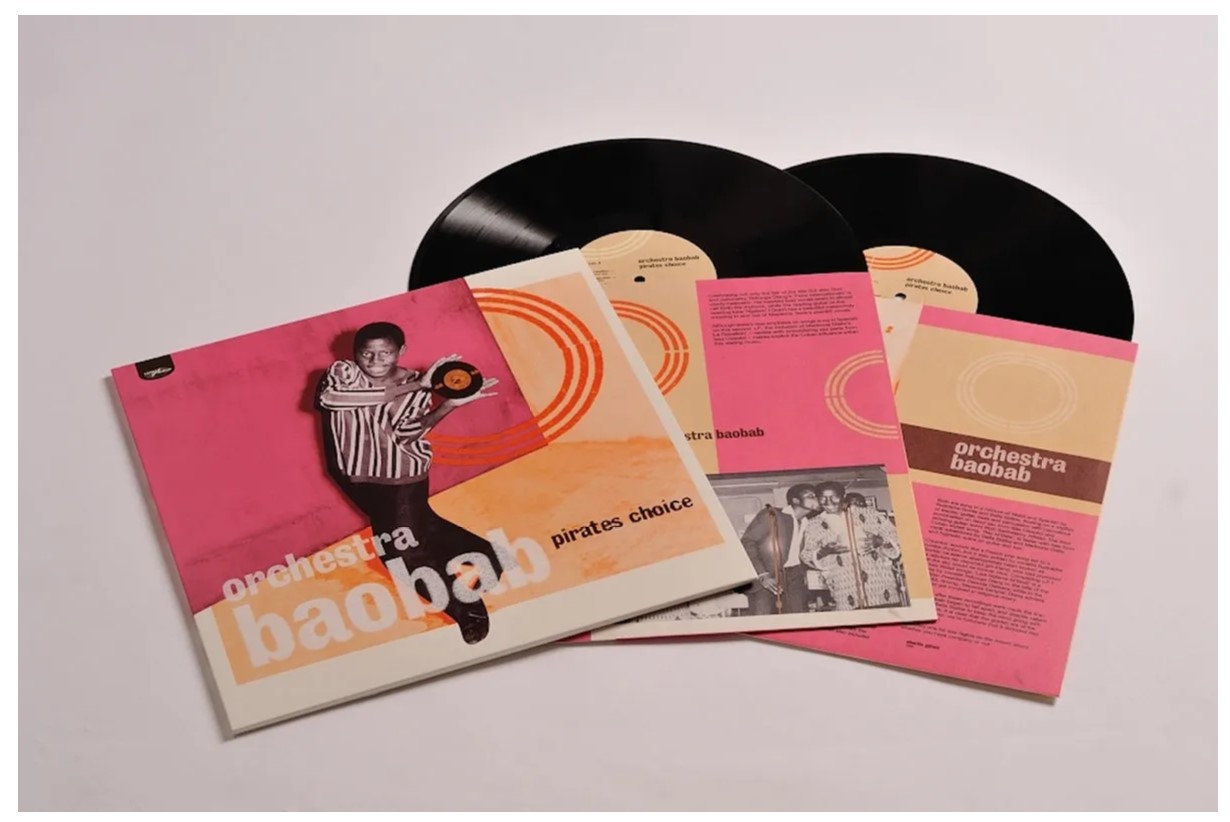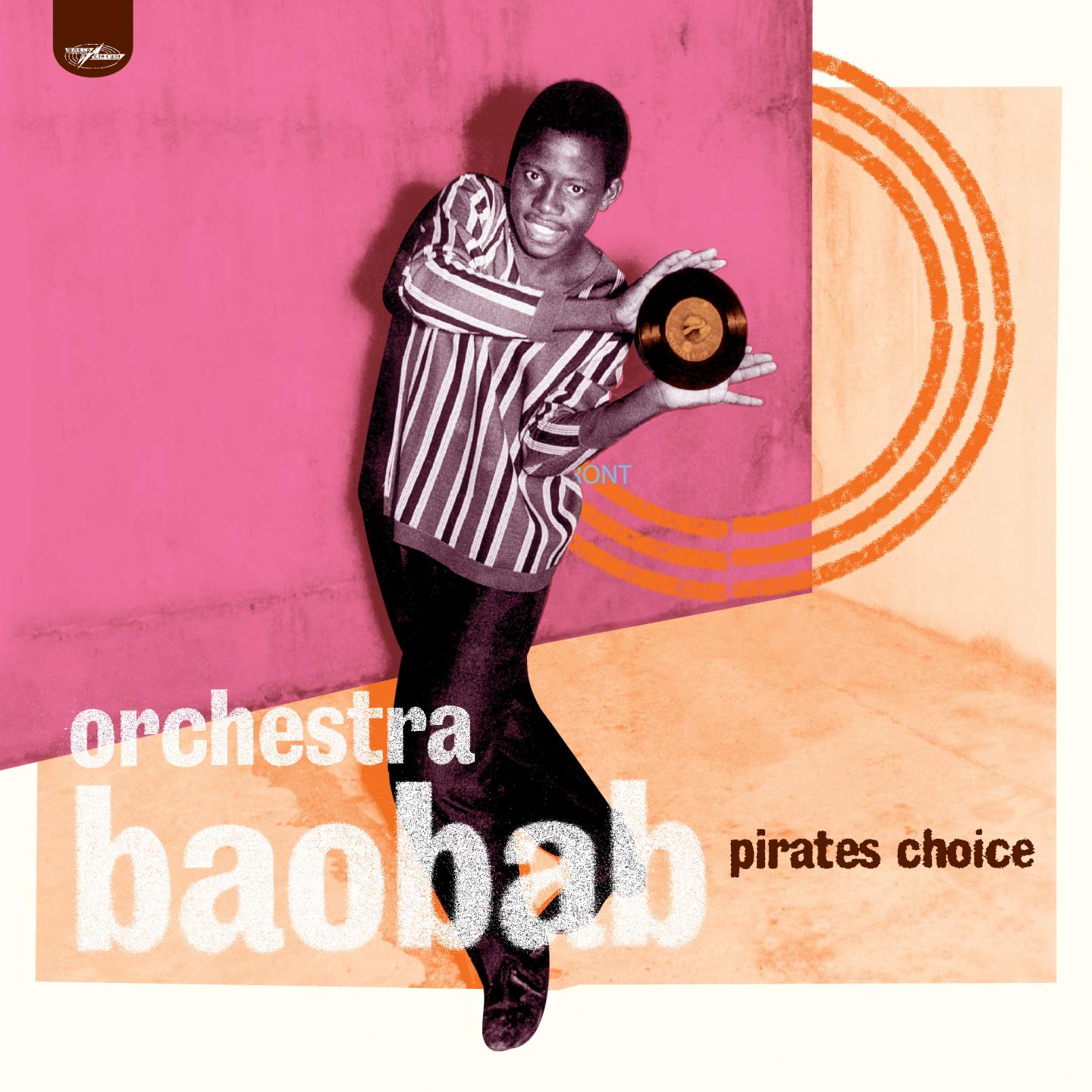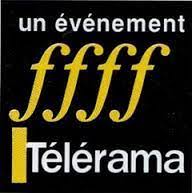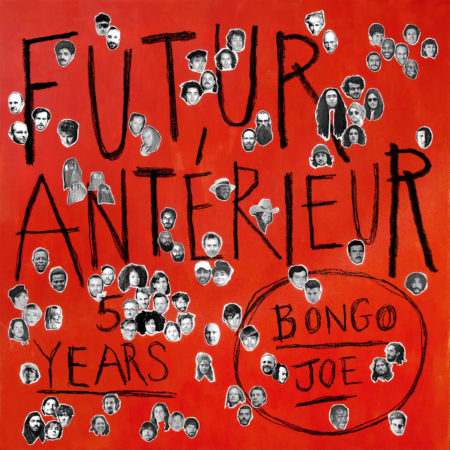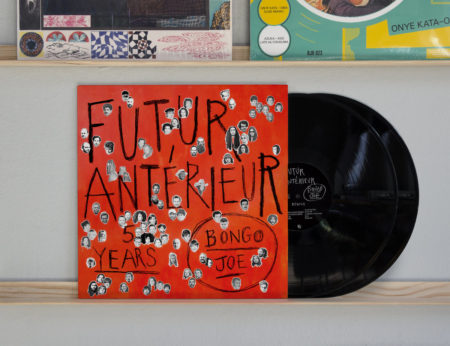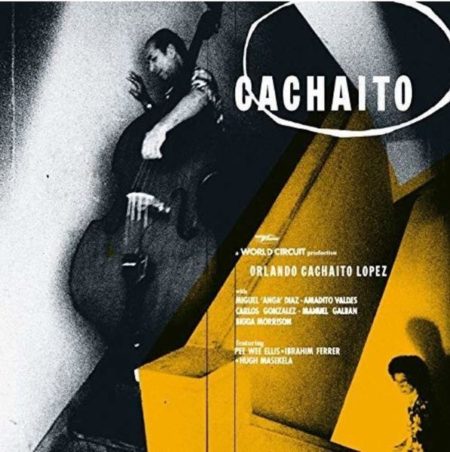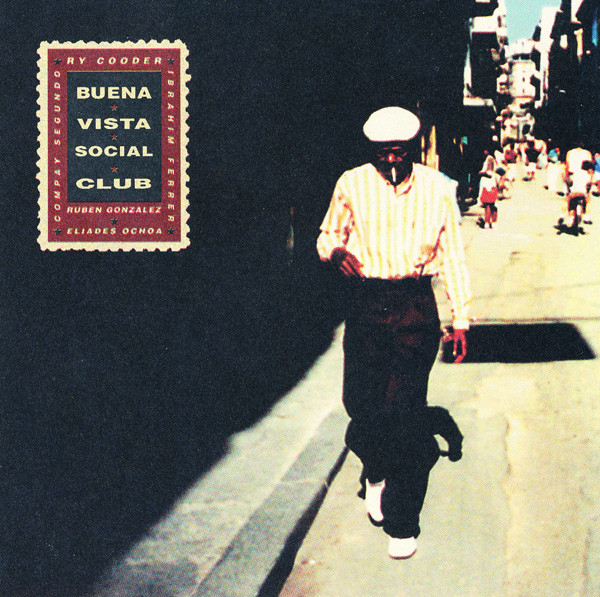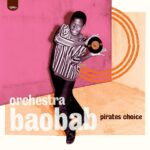Description
BIO :
Orchestra Baobab is one of Africa’s greatest bands. A superb Senegalese dance band that was hugely successful from 1970-85, they disbanded and went their separate ways, until one of their recordings became a cult hit amongst fans of African music. The idea of reforming in 2001 seemed improbable and foolhardy, yet worked triumphantly. Baobab had just as much quality and vitality as before. And they continue to flourish now, having celebrated their 50th Anniversary in 2020.
The band were created for the fashionable new Club Baobab which opened in Dakar in 1970. Several musicians were poached from the seminal Star Band at the popular Club Miami, including singers Balla Sidibe and Rudy Gomis plus guitarist Barthélemy Attisso and sax player Issa Cissoko. The Club Baobab was built around a baobab tree whose fat trunks and spreading branches are such a distinctive part of the West African landscape.
The club’s clientele was politicians and businessmen, army officers, celebrities and expats. “The guy who ran it knew politicians and there was big money,” recalls Barthélemy Attisso. “You had to wear a tie and suit.” Guitarist Latfi Bengeloune put it another way: “The Club Baobab was like Mecca. Lot’s of people want to go, but only a few can.”
With a luxuriant melodic swing, Orchestra Baobab developed a distinctive style that reflected the cultural mix and the musical personalities of its members. They described it as variété or salad. Laye Mboup was a Wolof griot, Balla and Rudy hailed from the culturally rich Casamance area, saxophonist Cissoko was born in Dakar to a Malian family, and rhythm guitarist Latfi Bengeloune came from Morocco. Guitarist Attisso – the lawyer-turned-guitarist whose arpeggio runs would become one of the band’s scintillating trademarks – came from the island of Togo.
What bound these elements together was the strong influence of Cuban music (from records and sailors flowing in and out of the Port of Dakar), tempered with an interest in West African music. “Tradition didn’t enter too much into the Star Band, which was vivid and modern” said Attisso. “Experimenting with the traditional, as Baobab did, was unique at that time.”
Vocalists Ndiouga Dieng and Thione Seck also came to sing with the band, while Laye Mboup was killed in a car crash in 1974. Between 1970 and 1986 the band recorded 20 albums, a couple of them in Paris, played for president Sekou Touré in Guinea and toured in West Africa. Club Baobab closed in 1977, so the band moved on to other venues. But in the mid-80s Youssou N’Dour’s more modern mbalax style was coming into fashion, with more street appeal than Baobab’s swing, and the band broke up.
Strangely enough, this was just as the “world music” boom was taking off in Europe and listeners were discovering African artists like Salif Keita and Youssou N’Dour. One of Baobab’s cult hits at this time was an album called Ken Dou Werente, originally recorded in 1982, but released internationally in 1989 by World Circuit as Pirate’s Choice, as the songs frequently found their way onto bootleg cassettes. DJ Charlie Gillett described it as “subtle and mellow, smooth as velvet”. The opening track ‘Utrus Horas’ was its seductive calling card. The leisurely opening guitar and sax lines intertwining and the nostalgic vocals of Rudy Gomis are unforgettable.
Ironically it was with the help of Youssou N’Dour, whose music had indirectly caused the band’s split, that Nick Gold persuaded the band to reform in 2001. Jenny Cathcart, then working with Cheikh Lô, helped track down the band members, trial sessions were recorded and “there was definitely a chemistry there” said Nick Gold.
There were concerts in London, Berlin and Rotterdam and in St Louis, Senegal, in 2002. It was the contrast of the two instrumentalists, guitarist Attisso, bespectacled and precise, and saxophonist Cissoko, flamboyant and fiery, that made it work. “You can’t destroy a baobab tree. Cut it down and it grows again,” said Attisso. “This group was cut down and we’ve grown again from the same roots.”
World Circuit released a digitally-remastered 2CD version of Pirates Choice (2001) with six previously unreleased tracks. This was a prelude to the launch of their first new album Specialist in All Styles (2002), an ironic acknowledgement of their variété history. The swinging opener ‘Bul Ma Miin’ is sung by Ndiouga Dieng with tingling guitar from Attisso and swaggering sax solos from Cissoko. The album was co-produced by Youssou N’Dour who sings along with Ibrahim Ferrer on a new version of ‘Utru Horas’ dedicated to the singer whose career was revived by Buena Vista Social Club and retitled ‘Hommage a Tonton Ferrer’.
With a superb acoustic recording by Jerry Boys, the band sounded gloriously rich and the experiment proved totally worthwhile. Baobab toured extensively and became a success not only overseas, but also at home with regular sessions at a new Dakar club called Just4U.
Baobab have recorded two more albums for World Circuit, Made in Dakar (2007), which reinvigorated many of their old songs, a couple from the repertoire of Laye Mboup and Tribute to Ndiouga Dieng (2017) who passed away in 2016. Guitarist Attisso had returned to his work as a lawyer in Togo and, for the first time, Baobab added a kora to the band, played by Abdouleye Cissoko. Former vocalist Thione Seck returns to revisit ‘Sey’, his first hit with the band in the late ‘70s. Cheikh Lô also appears as a guest on one track.
Sadly, charismatic saxophonist Issa Cissoko passed away in 2019, while Baobab’s veteran leader and founder member Balla Sidibé died suddenly in 2020. He was a vocalist, timbales player and composer of ‘On Verra Ça’, a signature song. “No one can fill the shoes of Balla,” says saxophonist Thierno Koité, who takes over at the helm. “But thankfully we have some fine young singers who know his whole repertoire, and they’ll take us forward.”
